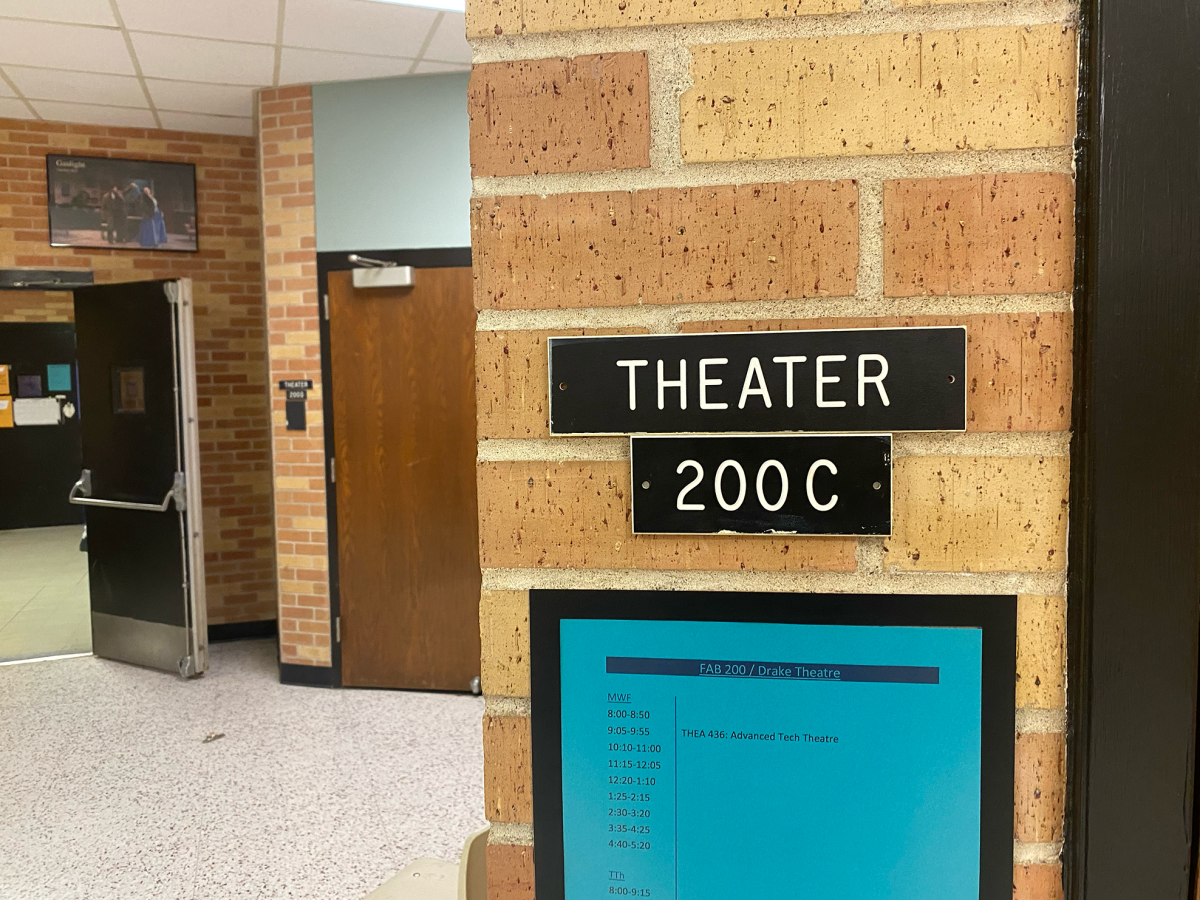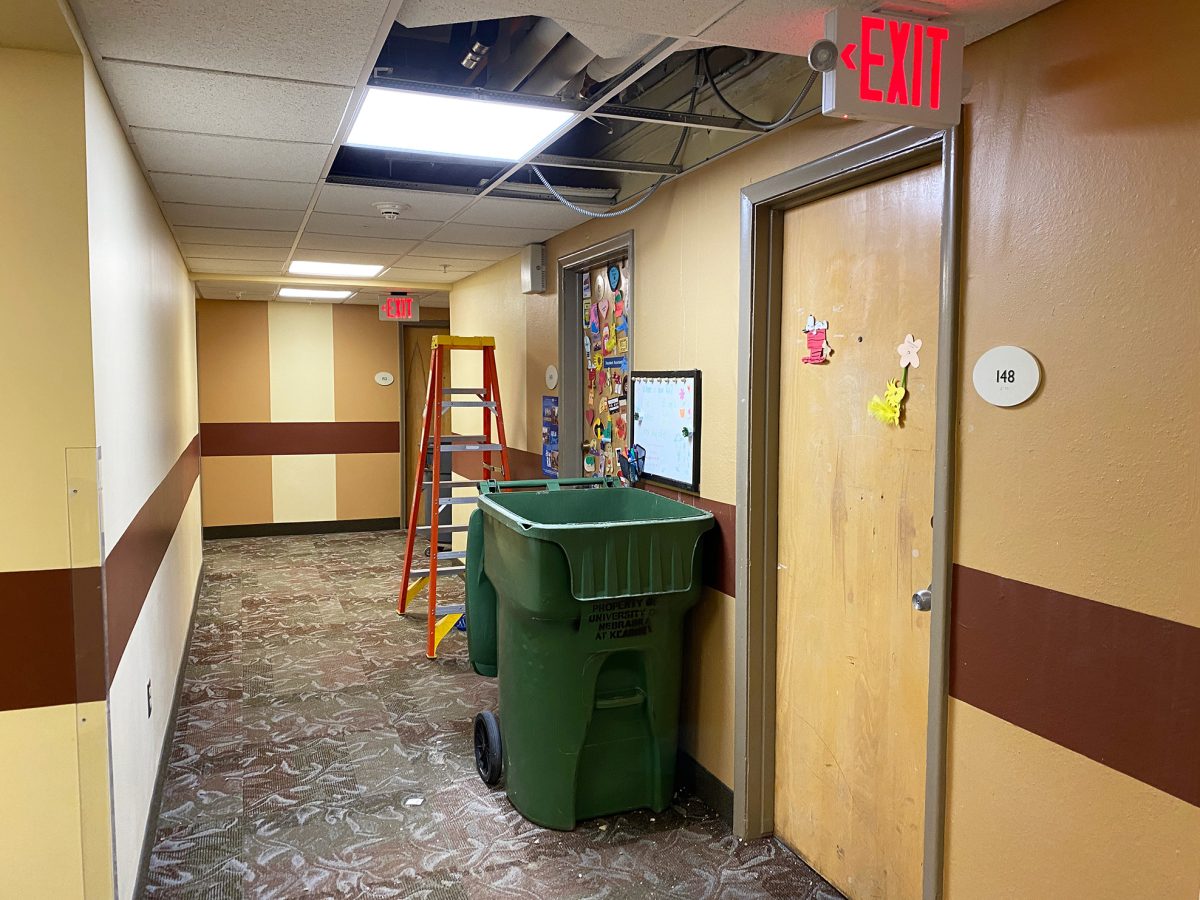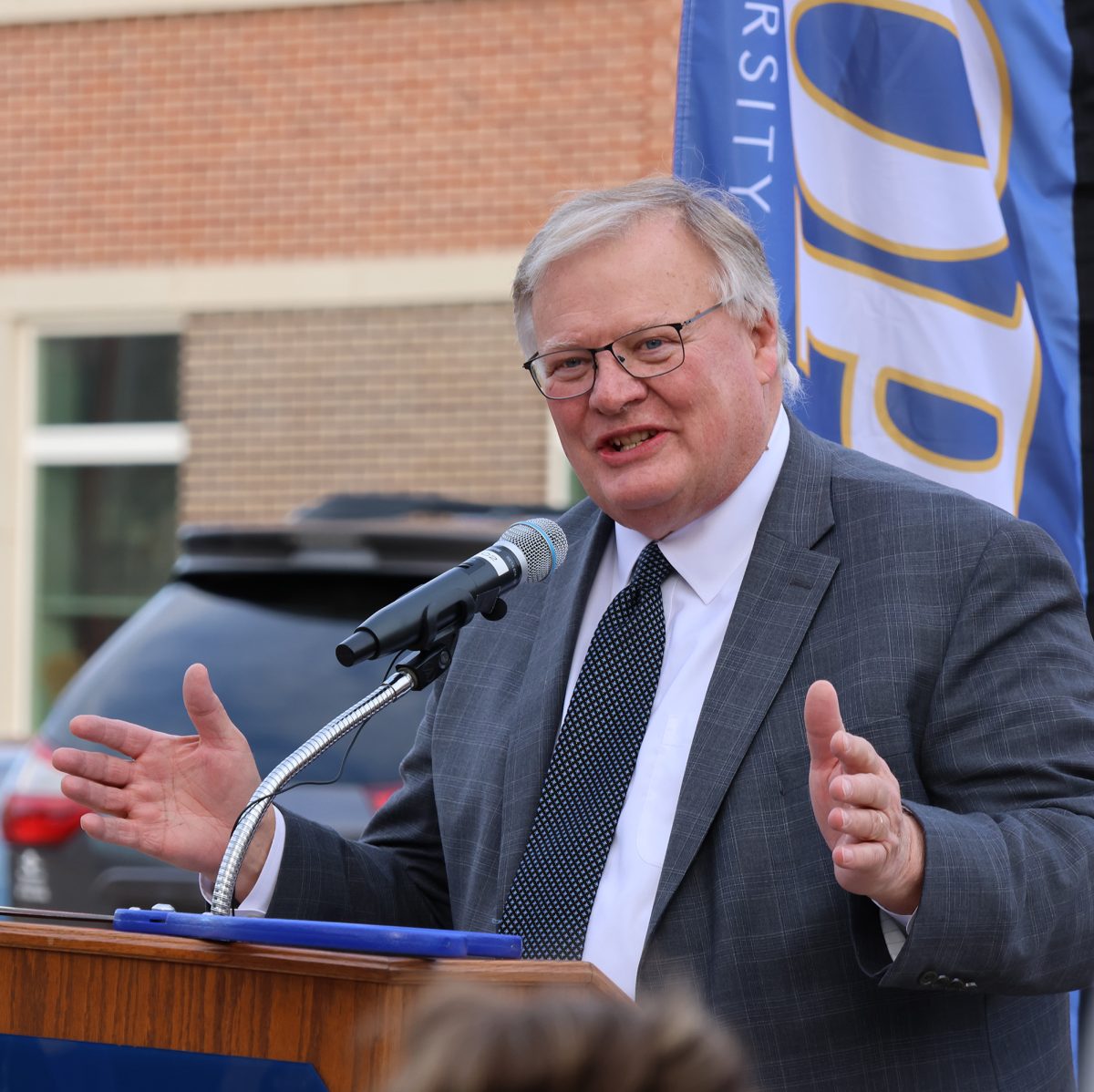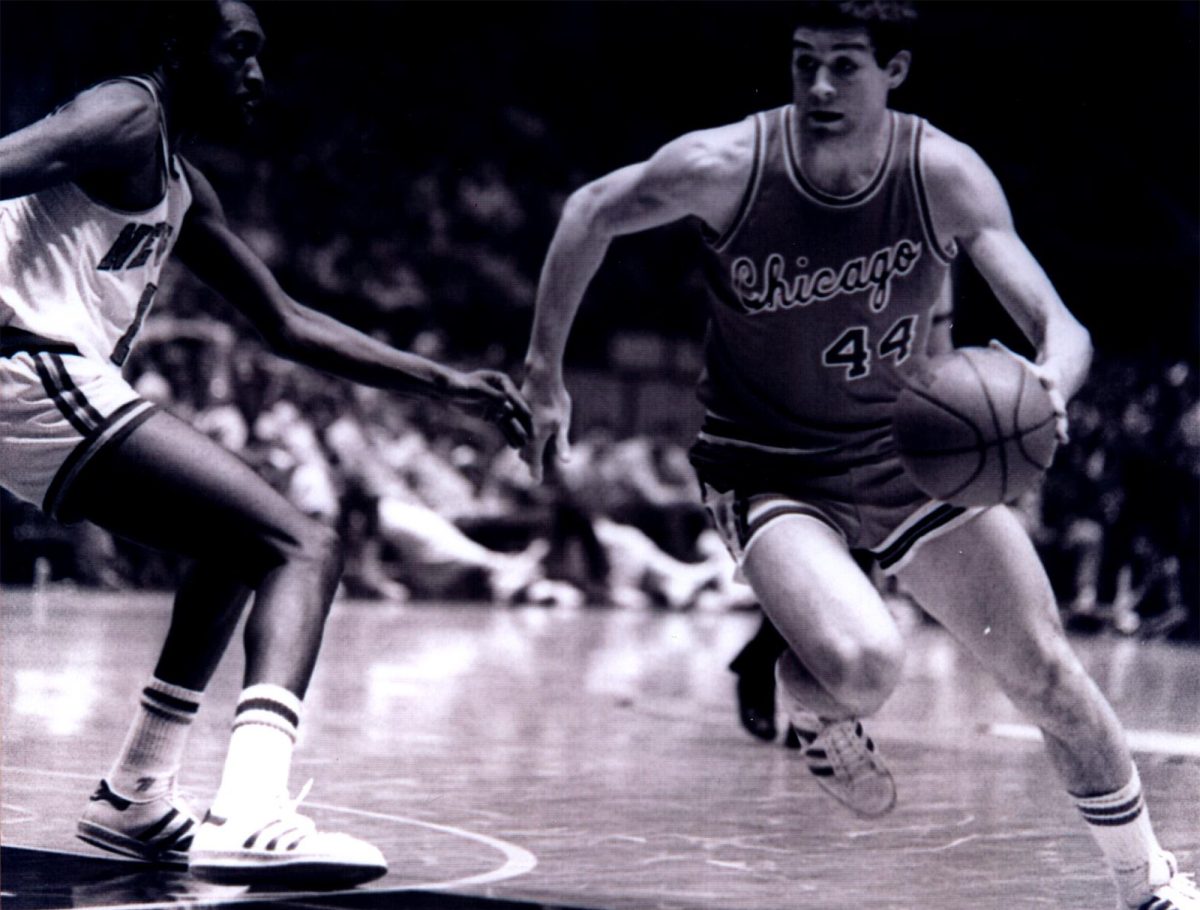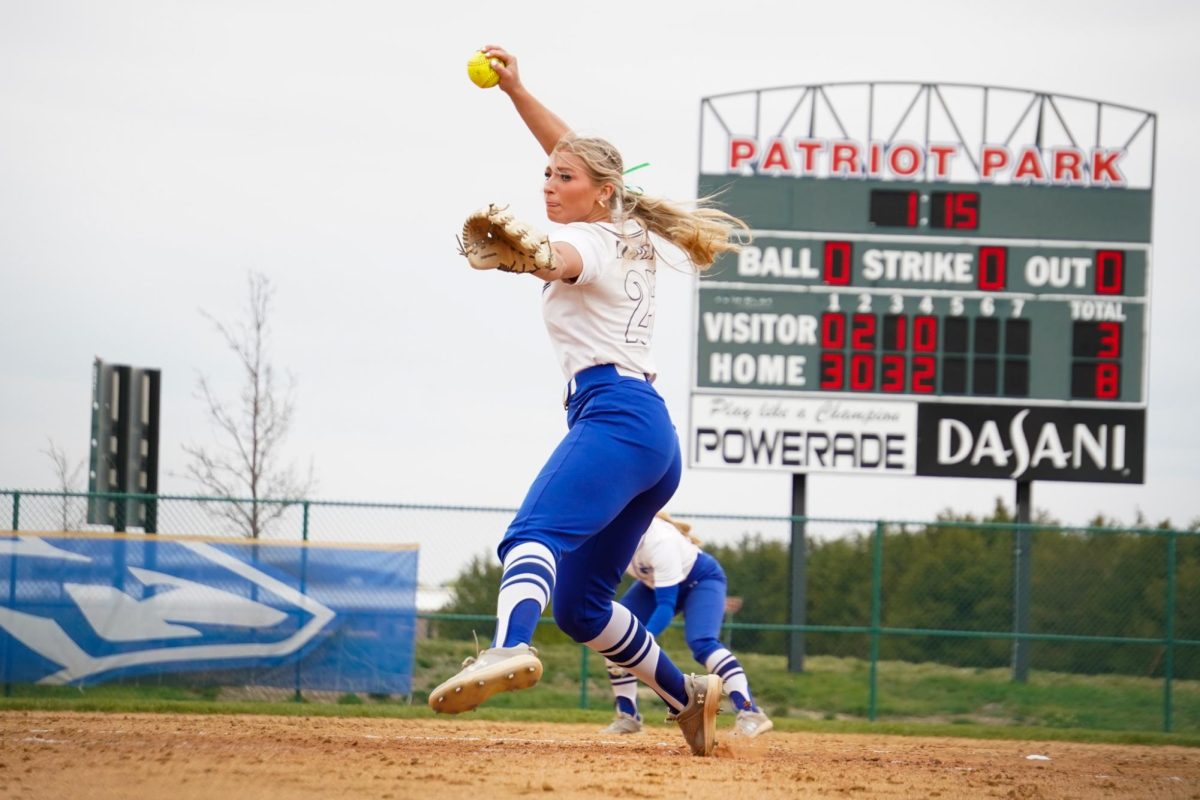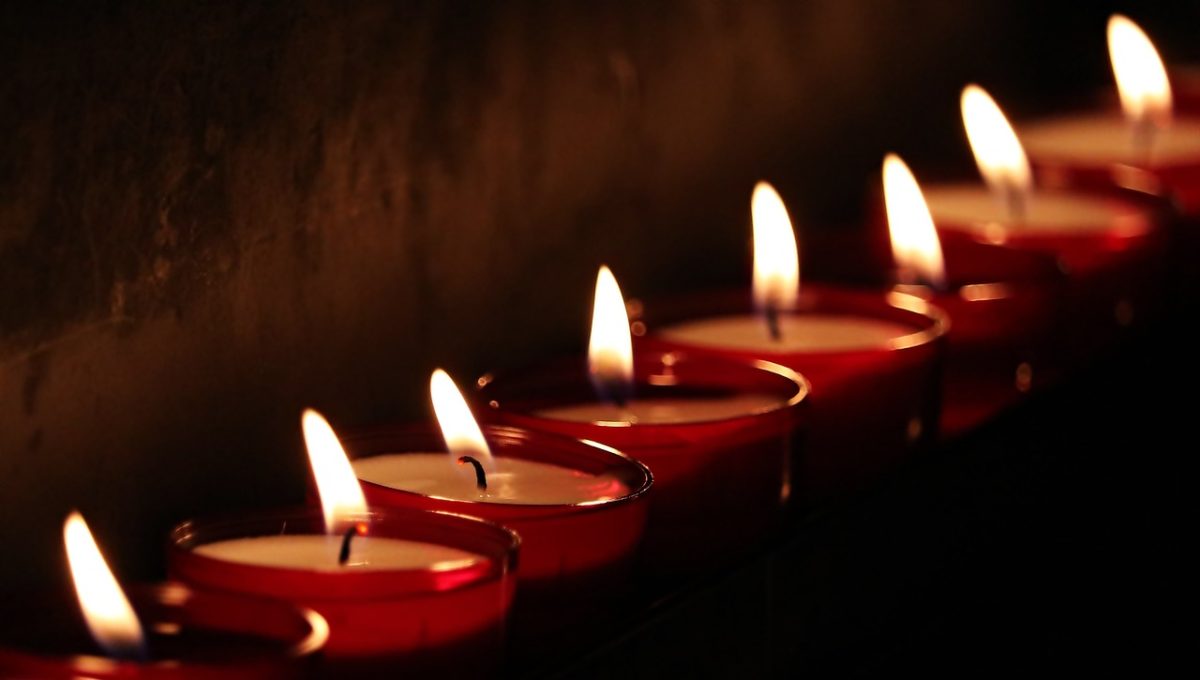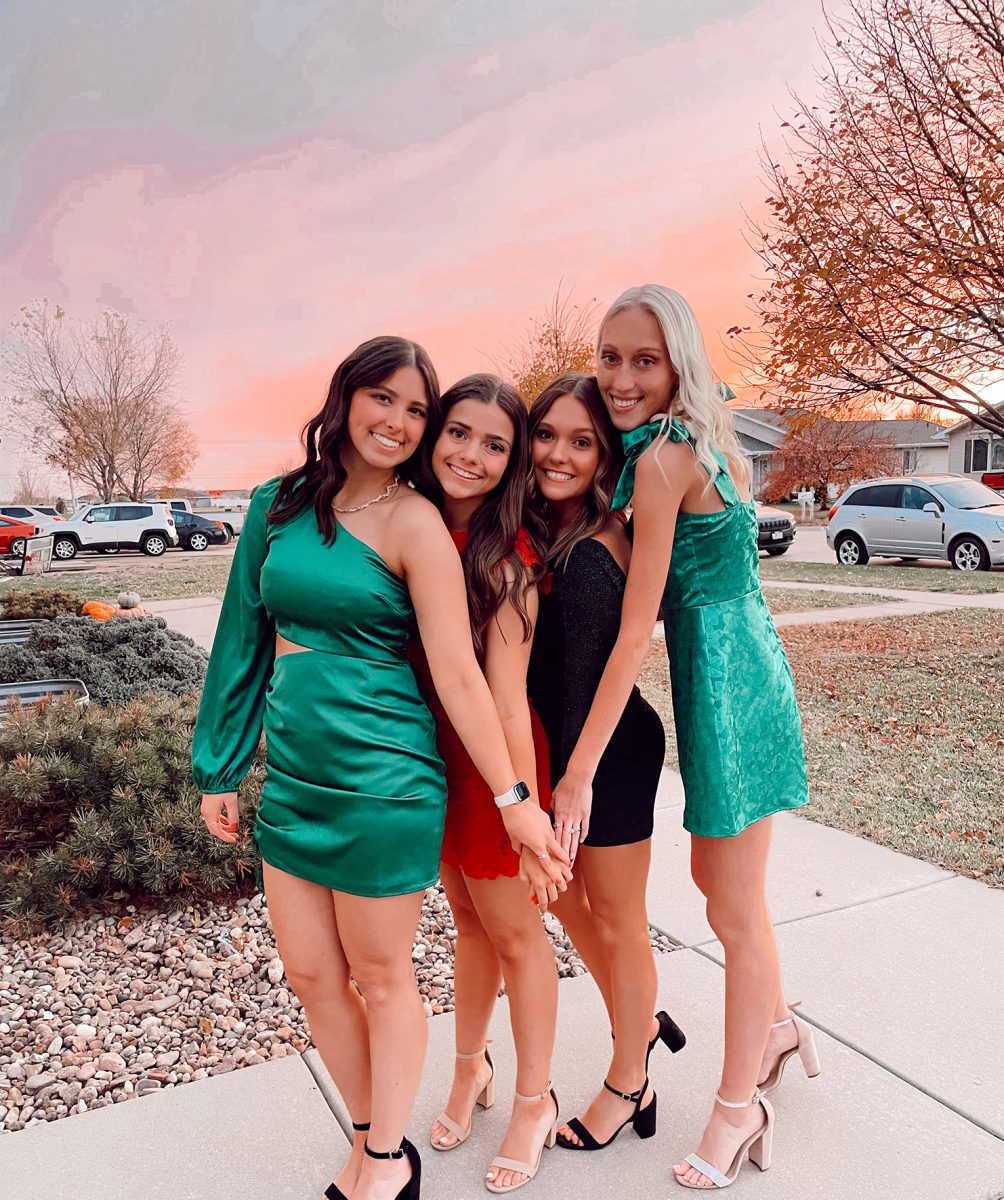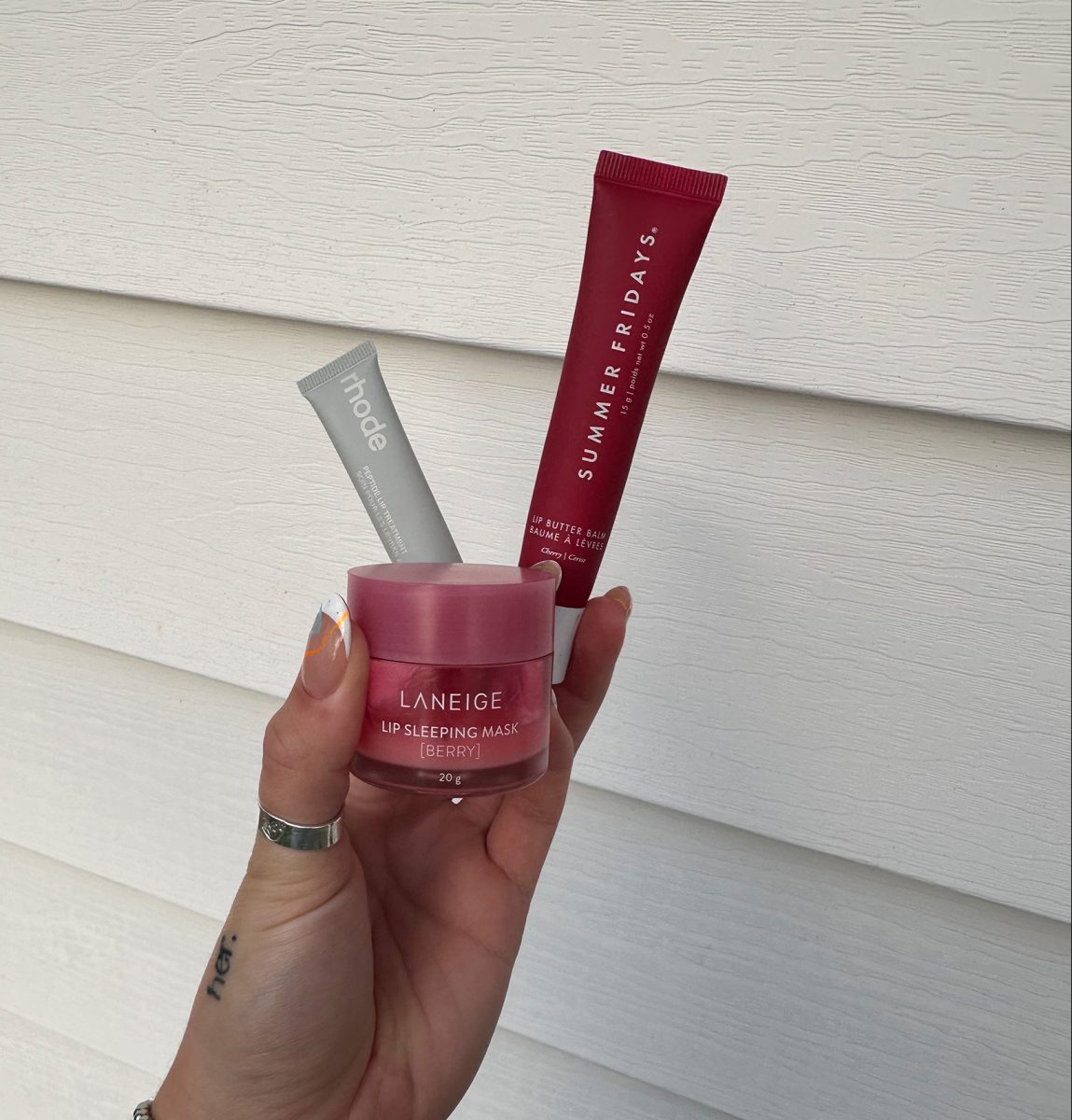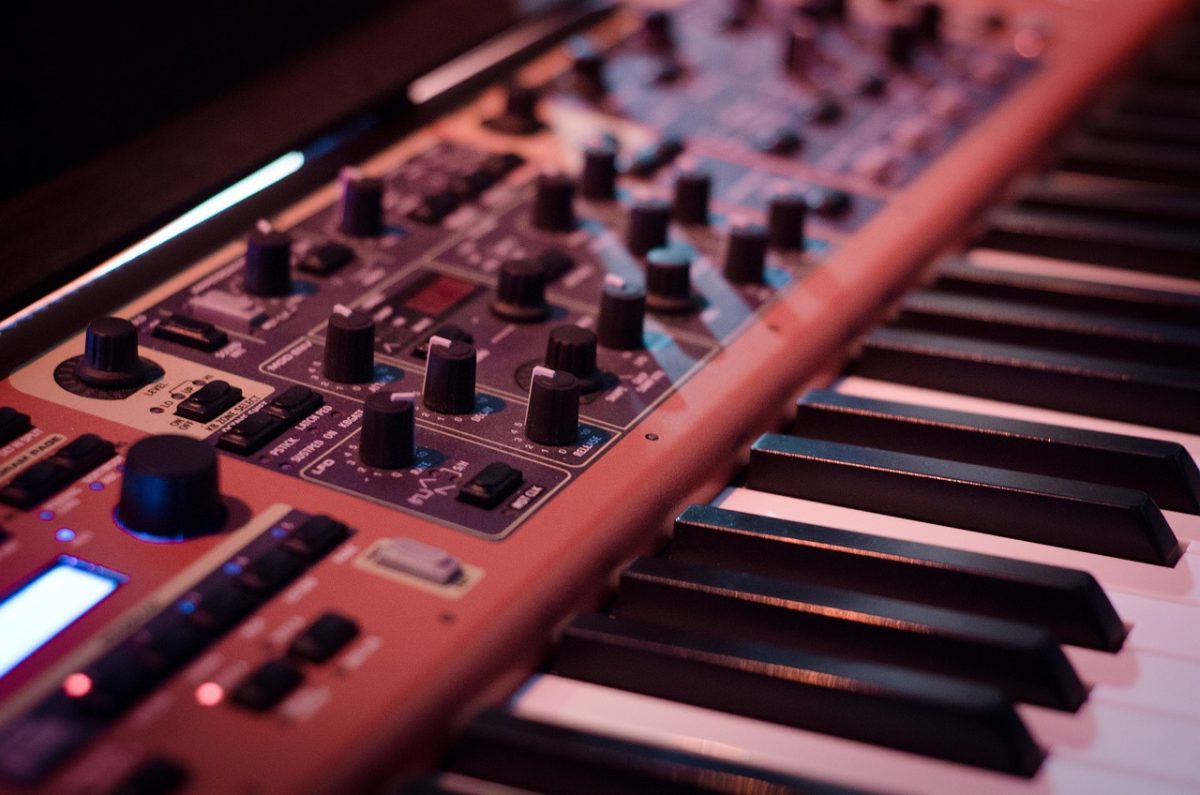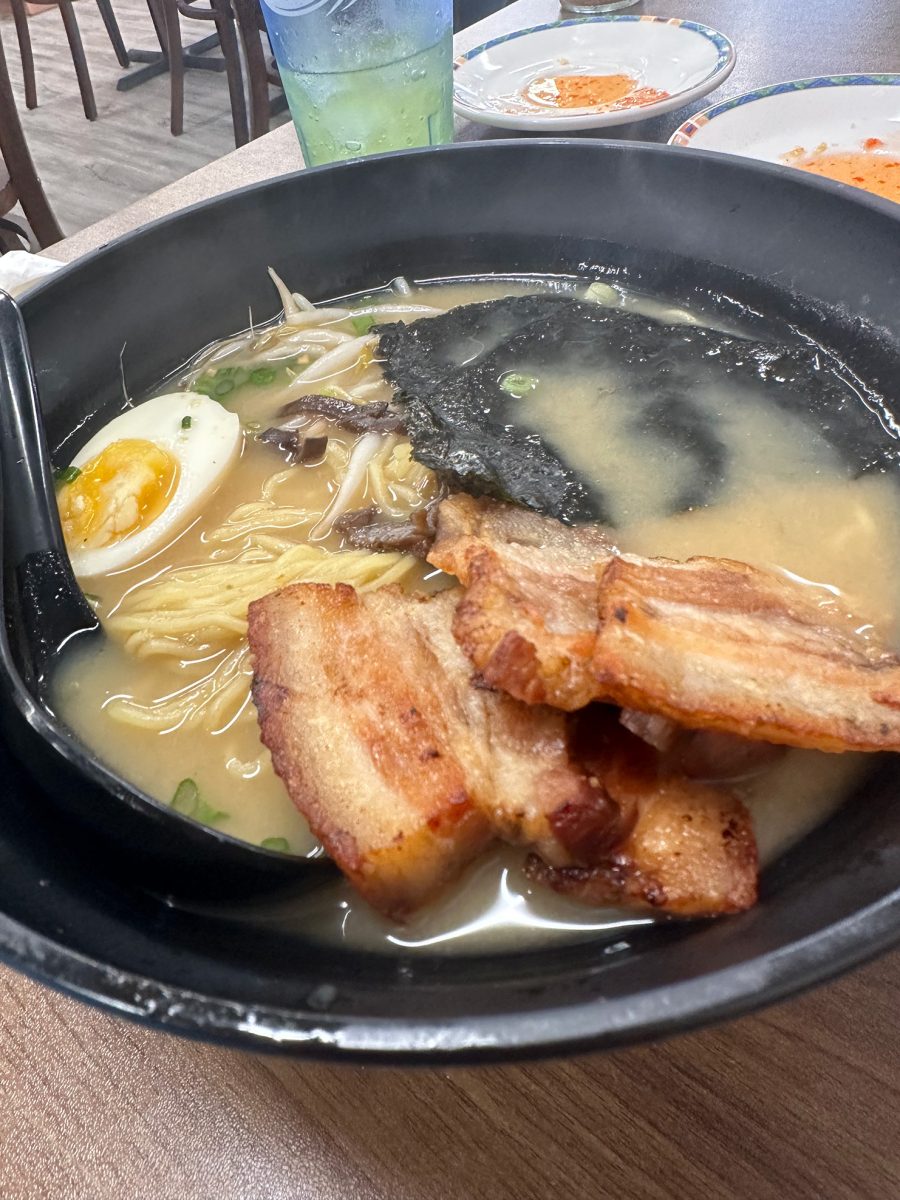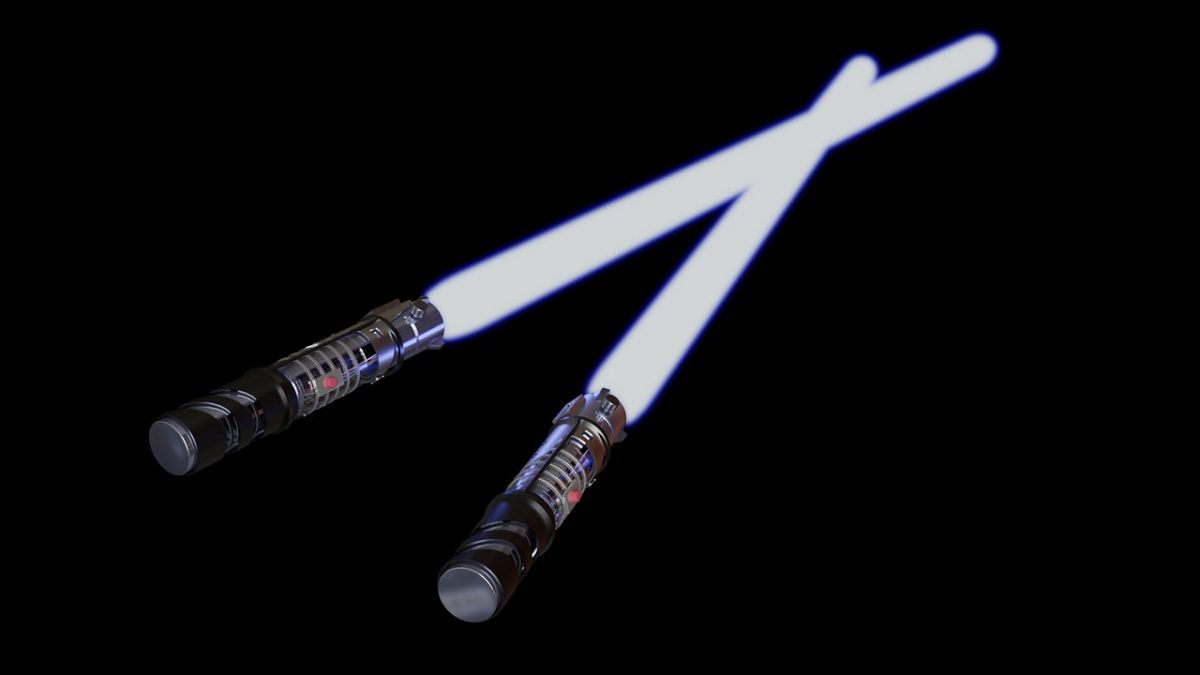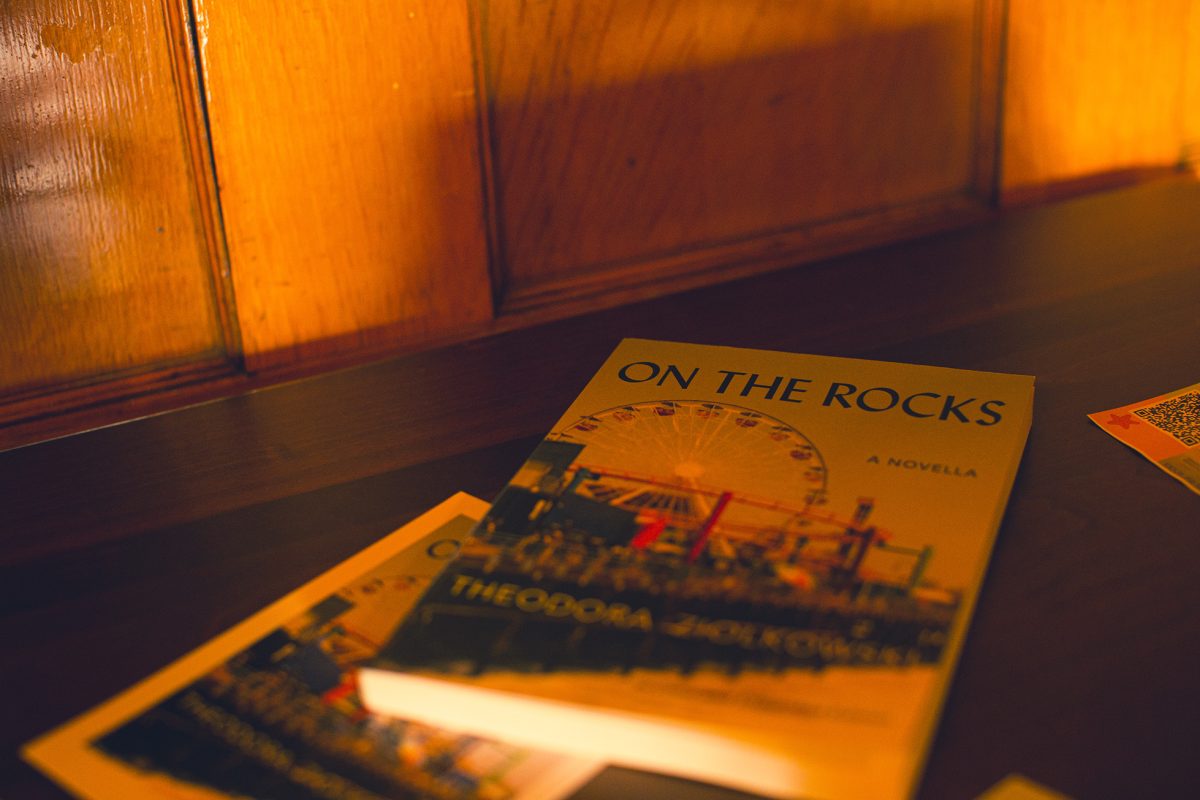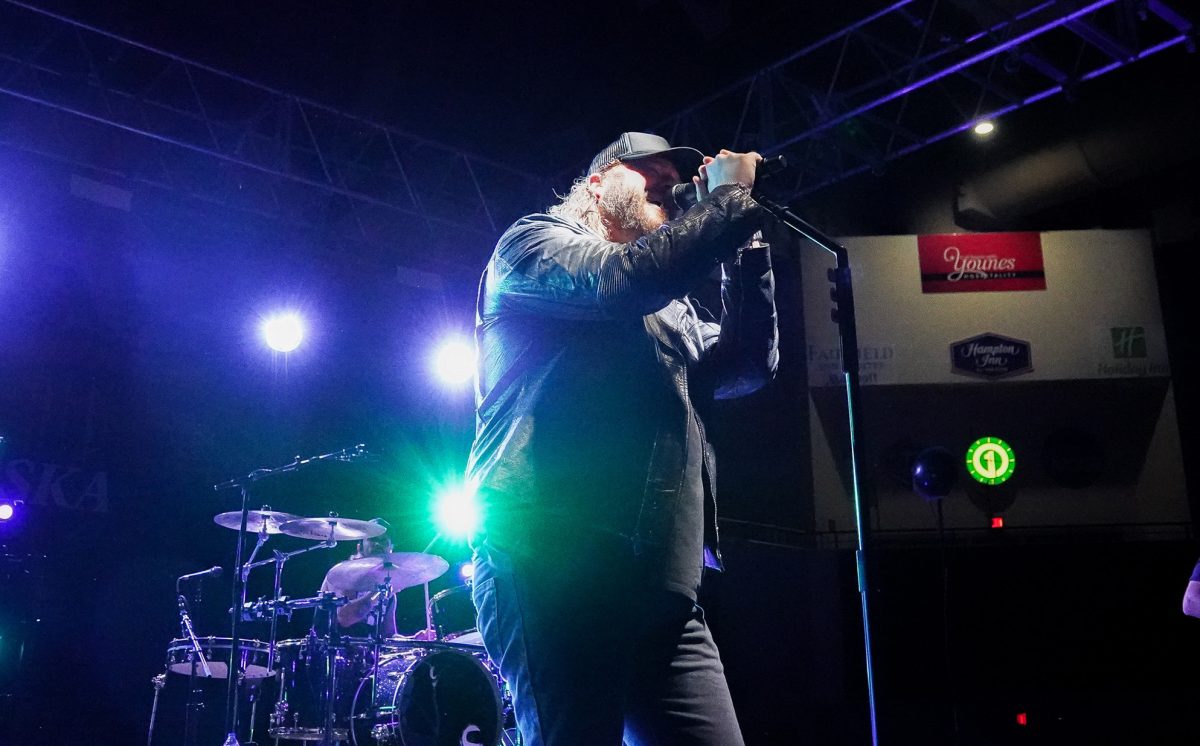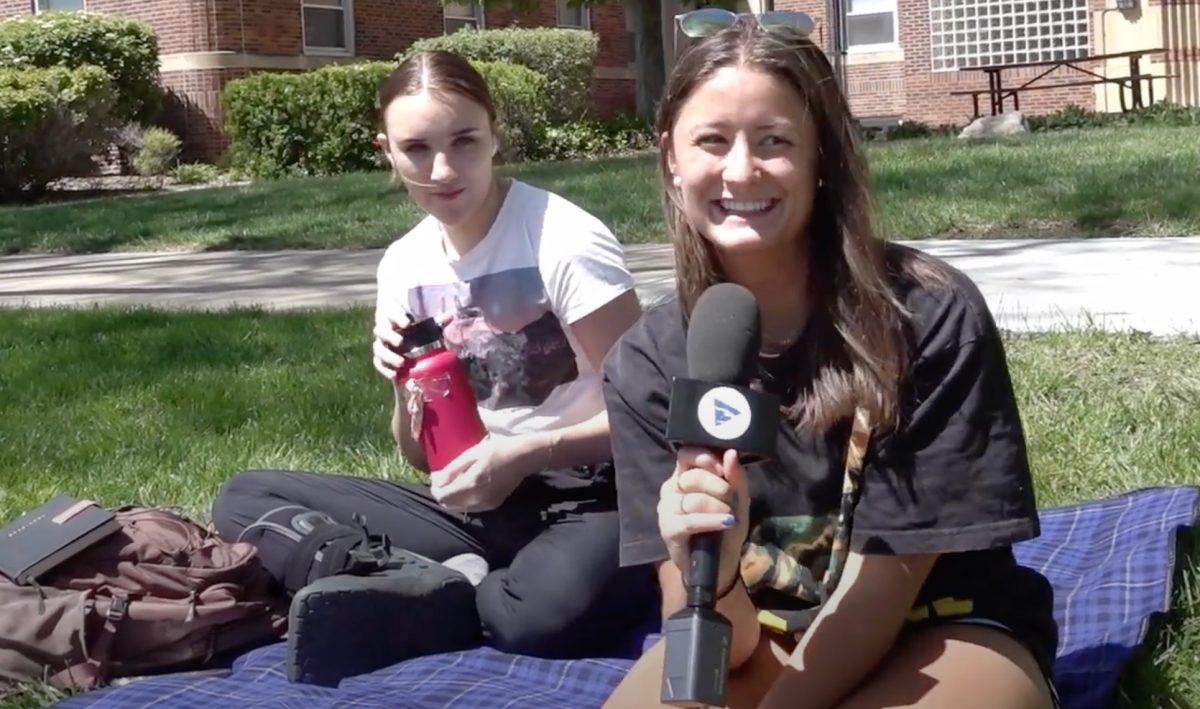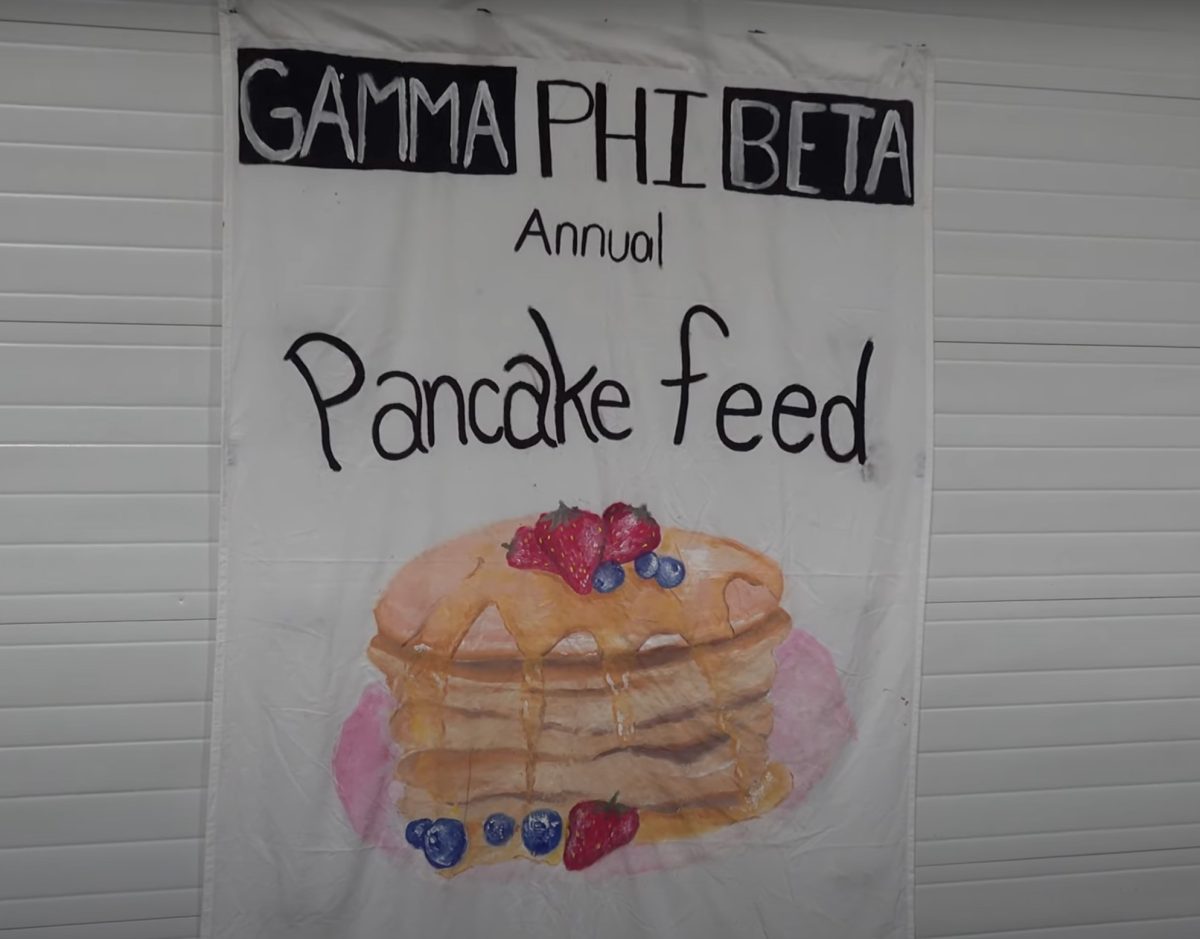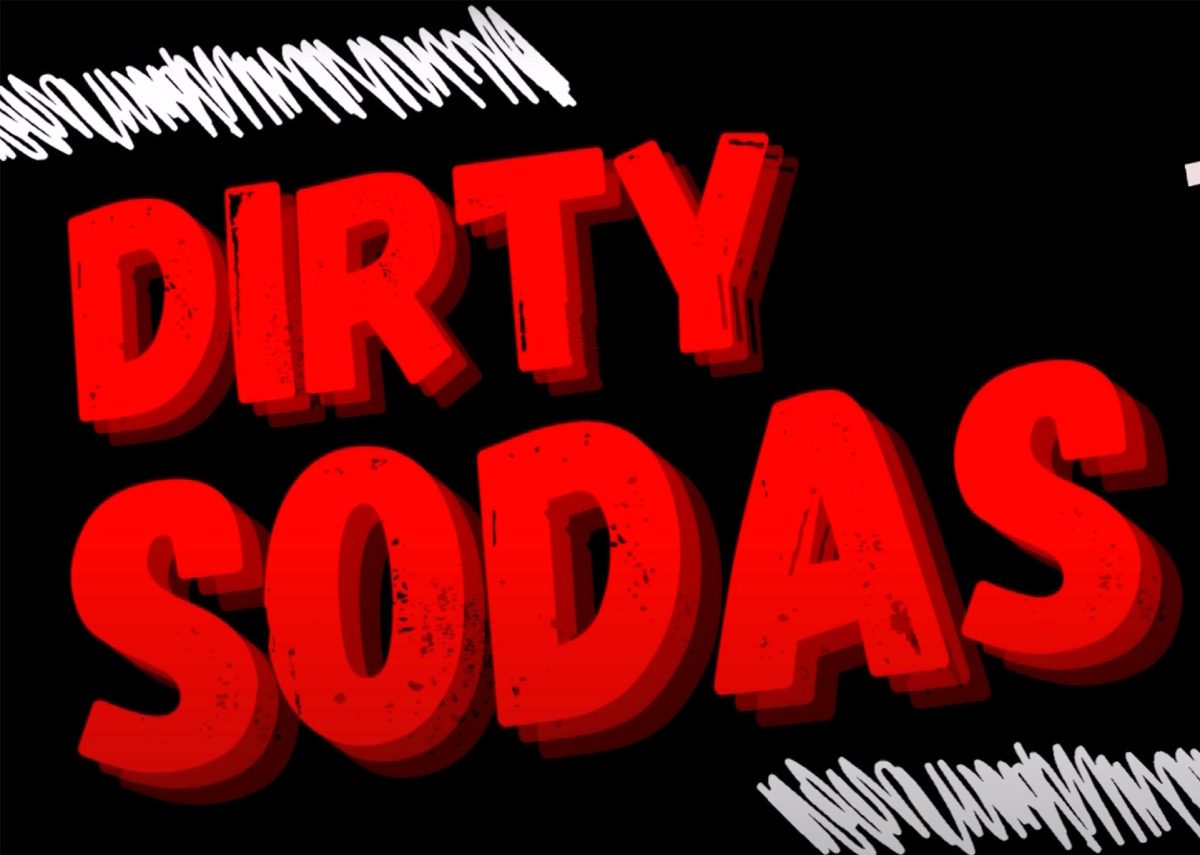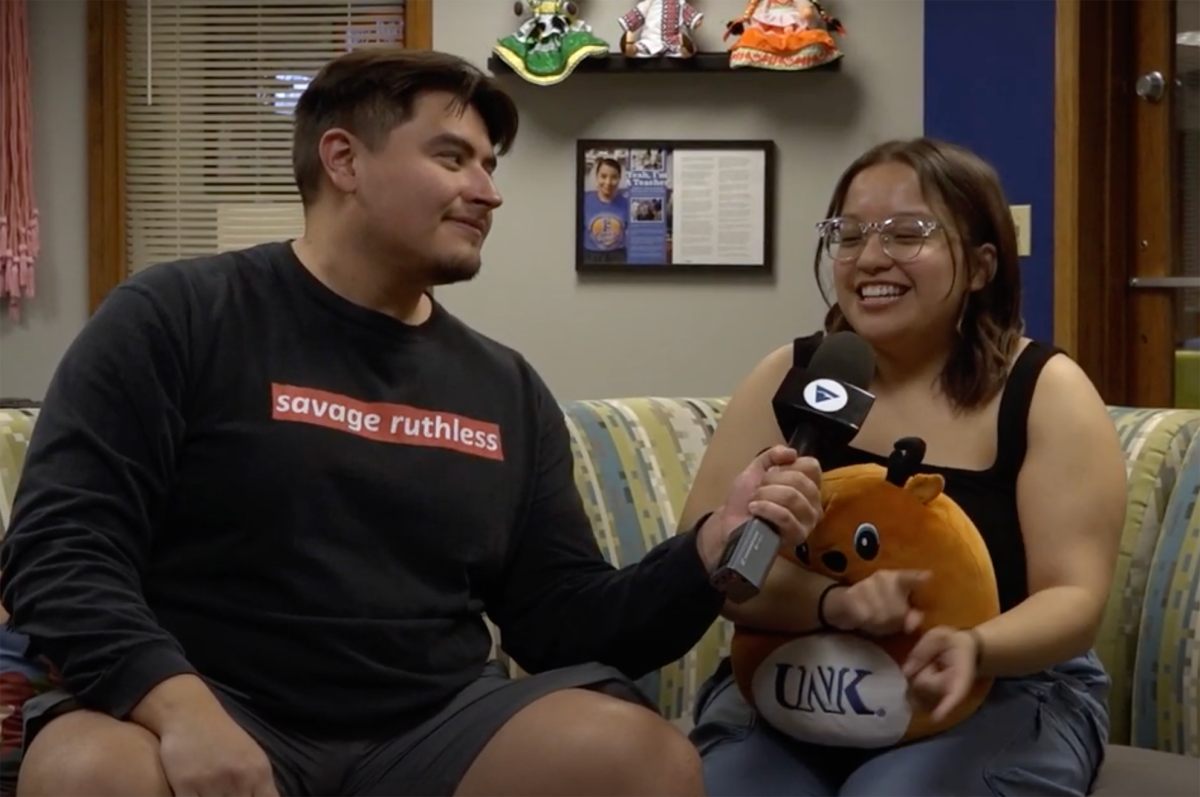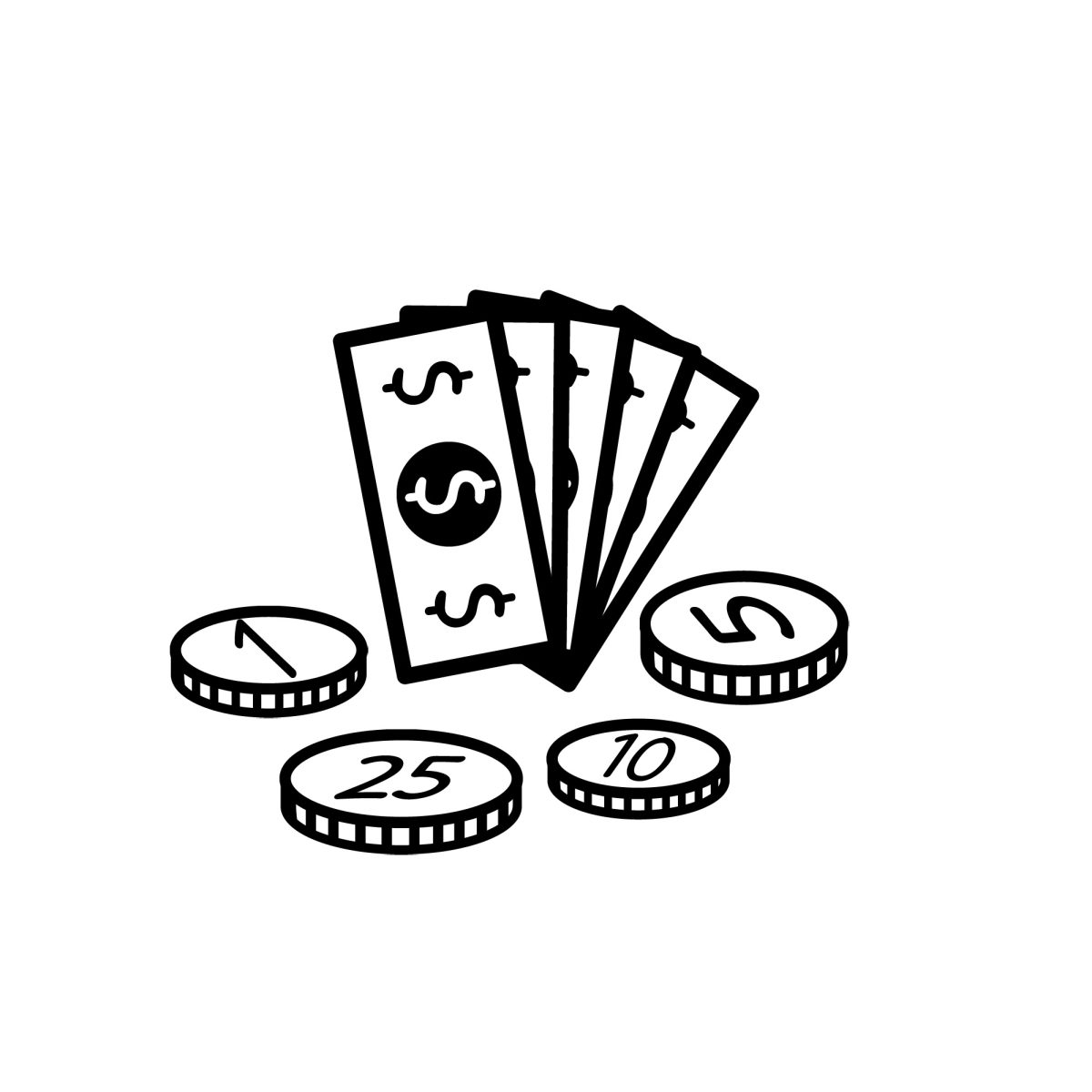Keegan Francl
I vividly remember back in 2016, sitting at the dinner table with my boyfriend’s mother and brother when his father came home that night. We were eating extra-cheesy lasagna with caesar salad and toasted garlic bread.
My boyfriend’s father by the name of Dave stumbled in through the door. He almost resembled a Dalmatian looking white with paleness with a few exceptional black and blue bruises spotted amongst his body.
Dave was a correctional officer at the Lincoln prison. It was often that he would come home bruised and beaten up by the inmates because they were so understaffed. They could barely keep control of the prisoners which were being held at 200% capacity.
Nebraska’s prisons conditions are operating at an inhumane rate which ultimately is hurting public safety and costing taxpayers’ dollars. According to aclu.org, 14 percent of Nebraska prisoners are serving time for drug related offenses including marijuana charges. In fact, only New York and Washington D.C. have higher marijuana possession rates than in Nebraska.
Legalizing medical marijuana and dropping these drug related crimes is the first step to prison reform in Nebraska.
Last week Antelope Reporter Braydon Conell wrote a story on Senator Anna Wishart’s visit to UNK. The purpose of her visit was to discuss and bring attention to medical marijuana laws in Nebraska. According to the poll insights mentioned in the article, 70 percent of Nebraskans support the legalization of cannabis for medical purposes.
If more than half of the Nebraska population is for medical marijuana, why is there still so much pushback towards its legalization?
Further, why is it that in the nineteenth century, marijuana became so popular that many medicinal products were sold openly to public pharmacies. How did we go from selling marijuana in public pharmacies to declaring ‘reefer madness’ and scheduling the substance as a scheduled I drug along with heroin, LSD, and others?
The short answer? Racism.
Following the Mexican Revolution of 1910, Mexican immigrants swamped into the U.S. introducing American culture to recreational use of marijuana. The fear-mongering Americans became prejudice and associated marijuana with the Spanish-speaking newcomers.
In the 1930s Harry Anslinger, head of Federal Bureau of Narcotics turned the battle against marijuana in to an all-out war associating the substance with minorities such as African Americans saying that it had a negative effect on these “degenerate races,” such as inducing violence or causing insanity. According to some studies, African Americans in the early 21st century were nearly four times more likely than whites to be arrested on marijuana-related charges- despite both groups having similar usage rates.
Unsurprisingly, the New York Academy of Medicine in 1944 issued an extensively researched report declaring that despite popular belief, use of marijuana did not induce violence, insanity or sex crimes, or lead to addiction or another drug use.
Despite this evidence, the “War on Drugs” continues to leave its mark in Nebraska which in recent years, experts estimate the costs nationally to run closely to 40 billion annually. This has occurred despite the fact that “every dollar invested in drug treatment saves taxpayers $5. Drug treatment cuts criminal activity by as much as two thirds…”
It’s time Nebraska makes an impactful change for their correctional facilities. It is absolutely terrifying knowing that a family member such as Dave could be beaten or killed during weekly prison riots due to overcrowding and understaffing.
We must keep our families and inmates safe with prison reform. We must pass meaningful legislation legalizing marijuana.


